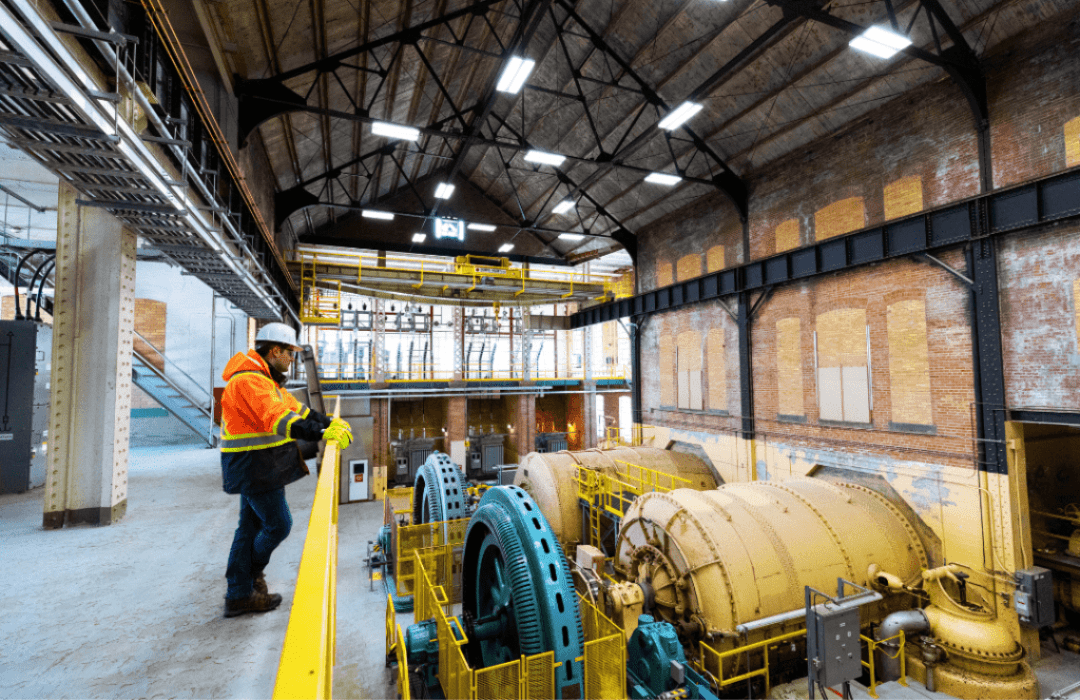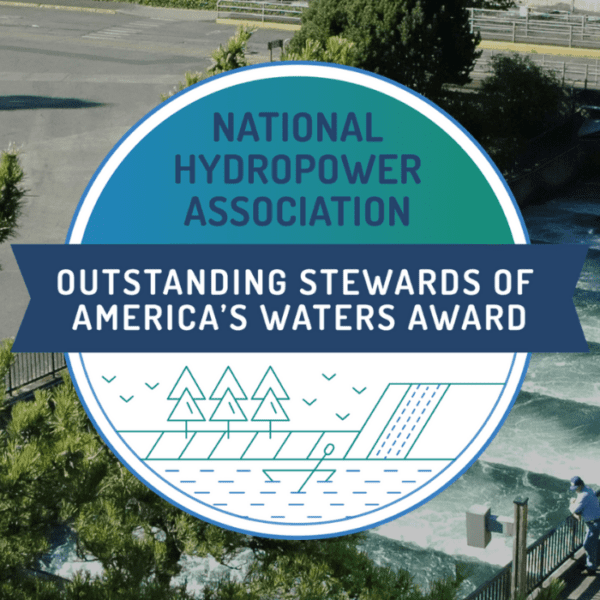Bitcoin miners are on the hunt, and they’re searching for affordable, carbon-free power, which means hydropower facilities stand to benefit.
Bitcoin miners use tremendous amounts of electricity, with some estimates stating that the industry uses as much electricity as many small countries, which raises concerns about Scope 2 emissions under the World Resource Institute’s Greenhouse Gas Protocol. While Bitcoin has been attacked on this basis, many Bitcoin miners are already pursuing energy procurement policies to de-carbonize their electricity use.
Miners have concluded that power purchase agreements with wind, solar, and nuclear facilities reduce their Scope 2 emissions. Many others mine using stranded natural gas that would otherwise be flared, also reducing emissions. Despite those options, a recent study found that more miners use hydroelectric power to run their facilities than any other type of generation, with hydropower providing over a quarter of the electricity used to mine Bitcoin.
While the reasons that Bitcoin miners are pursuing deals with hydro generators are clear, generators should understand how they can benefit, as bitcoin mining can act as another revenue stream for hydropower owners, provide a stable revenue source, assist with energy demand management, price arbitrage, and diversifying revenue sources.
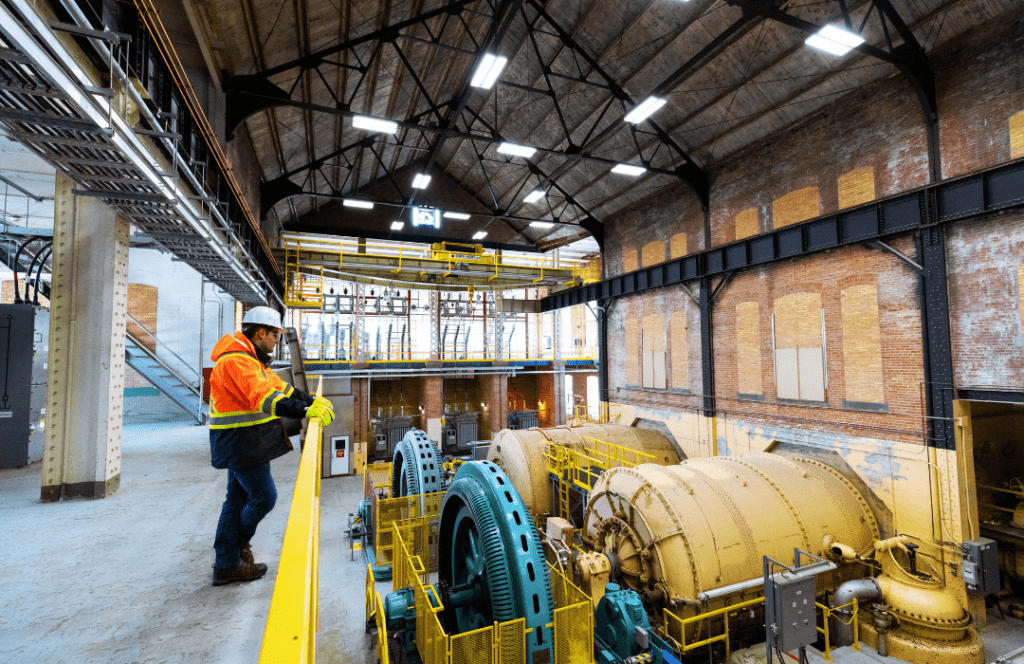
FIVE REASONS WHY BITCOIN MINING AND HYDROPOWER ARE COMPLIMENTARY
Jason Baker, Senior Operations Manager at GRIID Infrastructure (GRIID), a vertically integrated Bitcoin mining company, leads a team that manages a mining facility co-located with a hydroelectric plant in the northeastern United States.
“Bitcoin mining and small hydro work so well together,” said Baker, “Our mining units have a very small footprint and cause minimal impact on the local community, and because we don’t need to be on site 24/7, there’s little disruption to operations.”
To further elaborate on the collaborative potential between Bitcoin miners and hydropower, Baker compiled a list of the “Top 5” reasons why the two industries should aim to work with, and benefit from, one another:
1. Additional revenue stream: By utilizing excess or off-peak generation to mine Bitcoin, hydroelectric plants can generate an additional revenue stream that is independent of fluctuations in market prices. This can help offset any revenue variability in electricity demand or supply and provide a consistent offtake.
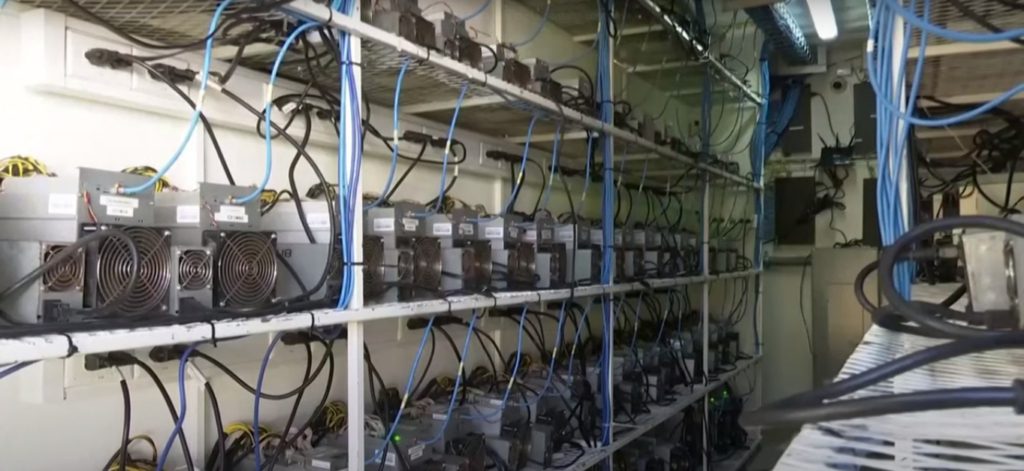
Photo of a cryptocurrency mining setup located at a hydropower plant.
2. Stable revenue source: Bitcoin mining can provide a stable source of revenue for hydroelectric plants, as the mining process is not directly dependent on market prices or demand for electricity. Once a Bitcoin mining operation is set up, it can continue to mine Bitcoin regardless of short-term fluctuations in Bitcoin prices or electricity demand. This can help plants hedge against variability in their other revenue sources, such as selling electricity to markets during periods of volatility.
3. Energy demand management: Bitcoin mining operations can help hydroelectric plants manage energy demand by utilizing excess electricity during periods of low demand.
During times when the electricity demand is low, such as during off-peak hours or during seasonal changes, hydroelectric plants can divert some of the excess electricity to power Bitcoin mining operations. This can help plants manage their electricity generation and reduce the wear and tear on generation units or wastage of excess electricity, which can result in lost revenue.
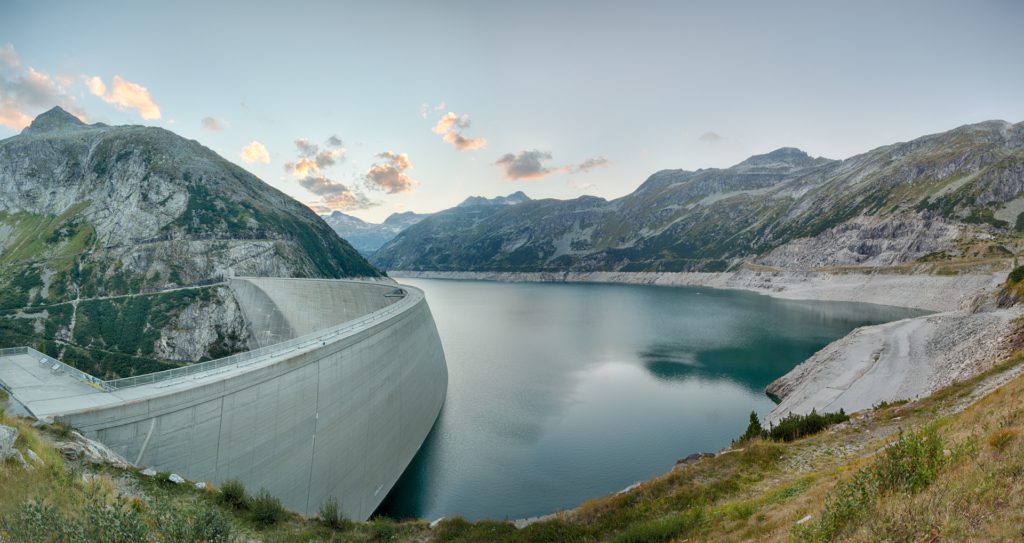
4. Price arbitrage: Electricity prices in the traditional market can vary depending on factors such as demand, supply, and weather conditions. By using excess electricity to mine Bitcoin during periods of low electricity prices, and then selling the mined Bitcoin during periods of high Bitcoin prices, asset managers can allocate outputs to generate additional revenue through price arbitrage, thereby hedging against revenue variability.
5. Diversification: By diversifying revenue sources, plants can reduce reliance on a single source of income, helping to diversify revenue streams. This diversification can provide a buffer against revenue variability and become a part of risk management strategy.
WHAT COMES NEXT?
With Section 242 of the Inflation Reduction Act providing federal assistance to build new hydropower facilities at existing dams, the potential to supplement a new facility’s revenue stream with Bitcoin mining could potentially make borderline projects economically viable.
By creating deeper connections between the two industries, both stand to benefit. Baker, who manages a mining facility, addressed the advantages of a mutualistic relationship between hydropower and Bitcoin miners:
“Managing my facility, I sleep well at night. I know we’re mining with carbon-free power, so we’re not harming the environment. Because our units are small, we have little to no impact on the community. In fact, they hardly know we’re here. Finally, by providing a new revenue stream to the plant, we’re helping keep a source of employment and property taxes operating in a rural community. My only regret is that we don’t do it more.”
For more information on how hydropower could be used to power cryptocurrency mining, check out this article from Cornell University’s School of Engineering.



